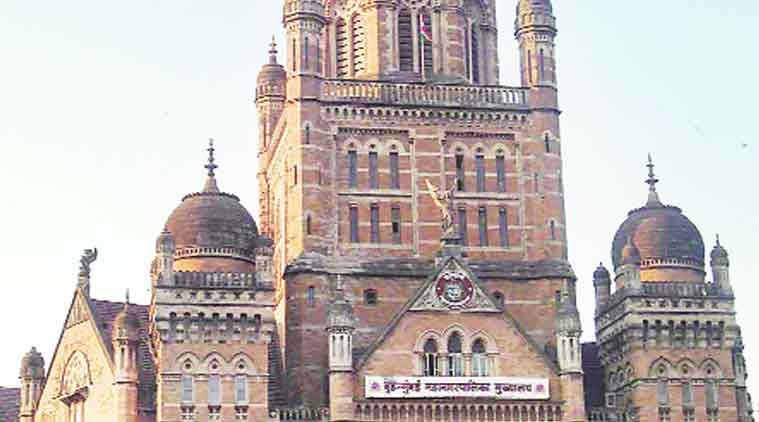Stay updated with the latest - Click here to follow us on Instagram
BMC to take action against housing societies that do not segregate waste
In a circular to assistant municipal commissioners of all 24 wards, Municipal Commissioner Ajoy Mehta directed them to initiate “direct” action instead of issuing warnings or notices.
 Brihanmumbai Municipal Corporation (BMC)
Brihanmumbai Municipal Corporation (BMC)
After extending the deadline to enforce waste segregation in housing societies by four months, the Brihanmumbai Municipal Corporation (BMC) is all set to initiate direct action against defaulters. Starting January 2018, the civic body will start penalising societies that generate bulk waste if they fail to carry out waste segregation and processing on their premises. The civic body proposes stringent action, including legal action and disconnection of water and electricity connection.
In a circular to assistant municipal commissioners of all 24 wards, Municipal Commissioner Ajoy Mehta directed them to initiate “direct” action instead of issuing warnings or notices. “As decided, we are targeting only bulk waste generators, that is housing societies having a built-up area of 20,000 square metres and more, and those which generate 100 kg of wet waste or more daily. While the action against defaulters will begin from the first week of January, we will get to know the actual number in which such action was taken by January 6,” said Mehta.
As per the circular issued by the BMC chief, the cases are classified into four. The civic body has threatened to prosecute all residential housing projects where waste segregation and processing plants have not been installed despite being approved as free of FSI or as space not computed in the buildable area calculations under the Maharashtra Regional Town Planning (MRTP) Act. Mehta said since 2007, the building proposals department had made it mandatory for all new construction projects to erect such facilities. The BMC now plans to disconnect electricity and water connections of all those projects from January if such facilities are not yet erected.
“These societies, which had got Intimation of Disapproval under the waste management rules, Environment Protection Act 1986, were supposed to treat waste on their premises. The rule proposes action such as disconnection of water and electricity supply,” a senior civic official said.
All other bulk generators who do not fall in these categories, but have still not followed the waste management rules, will have to pay a fine of up to Rs 2000 per day. The civic body has decided to help those housing societies that have not been able to process or treat waste due to space constraints by setting set up central waste processing units in all 24 wards.
“Some sections are neither responding nor submitting their action plan to segregate and process waste. This will defeat the very purpose of the programme, where active and voluntary public participation is the key. To ensure more participation, strict action is needed against defaulters. Hence, we have decided to initiate direct action,” said a senior official from the solid waste management (SWM) department.
The civic body had identified 2,389 housing societies across the 24 administrative wards, which received occupation certificates (OCs) after they showed adequate arrangements for vermi-composting or waste processing. But in a recent survey by the civic body, of all these societies, 1,551 (65%) are violating the OC condition and have used the space for car parking or to extend garden space or build a shed. dipti.singh@expressindia.com







